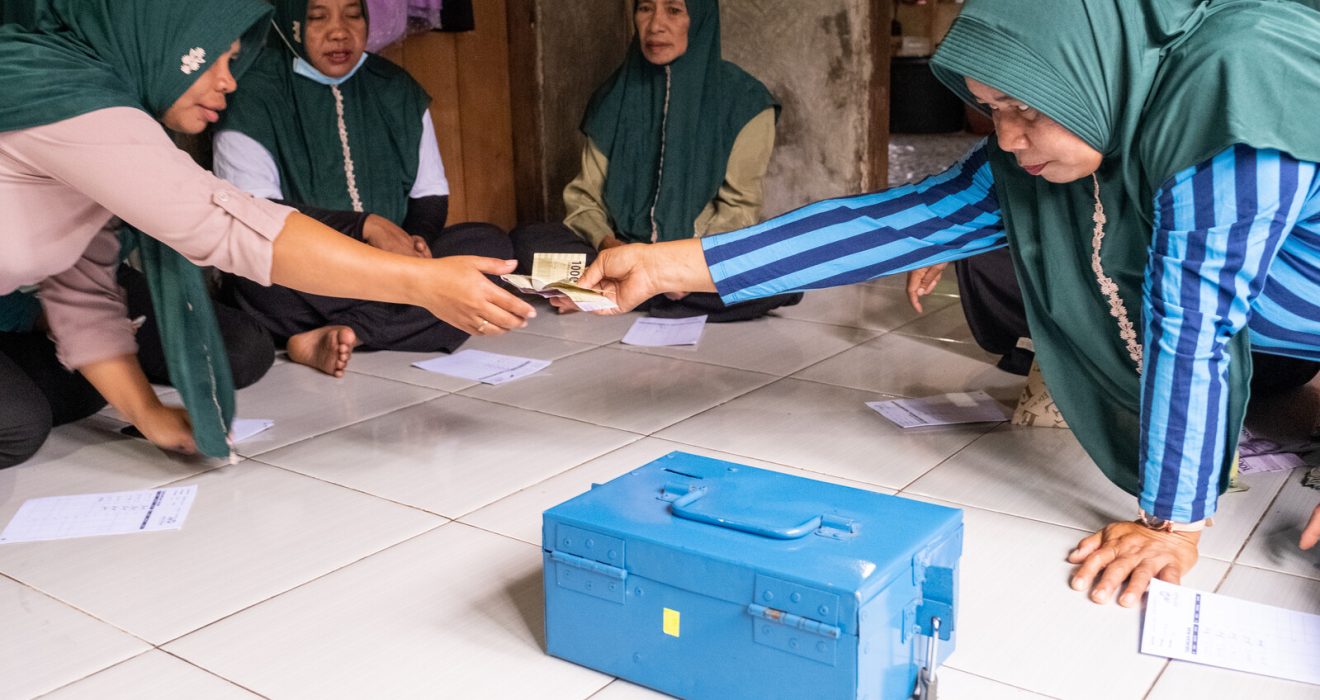In the early stages of my tenure as Rare’s President, my recent visit to Indonesia was deeply influenced by the somber revelations of the latest IPCC AR6 synthesis report on climate change. This comprehensive report, released just last month, casts a foreboding shadow over the global landscape, emphasizing that the far-reaching impacts of climate change will endure well into the current century. The gravity of this situation is particularly pronounced for the more than 40 million Indonesians residing in low-lying areas and coastal regions, whose lives are intricately entwined with the seas – a vital source of sustenance and income.
As I embarked on this journey, the stark realities outlined in the IPCC report loomed large, serving as a stark reminder that adaptation to climate change is not merely a choice but an absolute imperative for the vulnerable communities scattered across Indonesia’s vast archipelago. The pressing need to address these challenges became undeniably urgent, amplifying the significance of Rare’s mission in the region and sparking a profound reflection on the role we must play in mitigating the consequences of this global crisis.
Discovering Rare’s Approach in Indonesia
Similar to my recent visits to Rare projects in Honduras and Colombia, Indonesia revealed an inspiring approach in addressing the vulnerability of frontline communities. Despite being the least responsible for climate change emissions, these communities bear the brunt of rising sea levels, extreme weather, and warming oceans, particularly in the warmer waters of the Global South.
Indonesian Resilience Amidst Climate Challenges
What stood out during my visit was the remarkable resilience and innovation displayed by the Indonesian people in the face of destabilizing climate impacts. The spirit of hope and proactive measures taken by individuals, communities, and governments to foster resilient ecosystems and sustainable economies left a lasting impression.
Rare’s Role in Sustainable Fisheries Management
During my trip, I gained insights into Rare’s long-standing collaboration with the Indonesian government and small-scale fishing communities, focusing on sustainable and community-led fisheries management. Since Indonesia delegated management of its territorial seas to provincial governments in 2004, Rare has played a crucial role in supporting the Southeast Sulawesi provincial government’s approval of additional ‘managed access’ fishing areas. These areas empower local communities to manage and conserve their nearshore fisheries.
Empowering Coastal Communities
At the heart of Rare’s coastal fisheries program, Fish Forever, is the endeavor to secure rights for communities to co-manage and conserve their nearshore fisheries. Globally, Rare has facilitated community-led declarations of 58,000 square kilometers of ocean under community co-management. In Indonesia alone, Rare has supported over 4,700 square kilometers, providing more than 2 million small-scale fishers with the authority to manage their nearshore fisheries. This not only grants legal access but demonstrates the government’s commitment to community-based fisheries management.
The Impact of Community-Led Fisheries Management
The combined impact of small-scale fishers in Indonesia is substantial, contributing to improved livelihoods, enhanced food security, and coastal protection across biodiversity-rich coastal waters. By establishing marine reserves, stewarding fishing grounds, protecting nurseries, and fostering inclusive coastal economies, these communities contribute significantly to more resilient futures. Decentralizing management rights has bolstered sustainability, habitat conservation, and social resilience through financial inclusion, exemplified by the establishment of 65 Savings Clubs supporting fishers and their families.
Blueprint for Climate Change Adaptation and Mitigation
Rare’s commitment to combating climate change transcends geographical boundaries, extending its influence beyond Indonesia and serving as a blueprint for climate change adaptation across the vast expanse of the Indo-Pacific. In Brazil and Mozambique, the organization is at the forefront of safeguarding “blue carbon” stored in mangrove and seagrass ecosystems. Recognizing the pivotal role these ecosystems play in carbon storage, Rare’s initiatives aim to preserve and expand these critical carbon sinks, contributing significantly to global carbon sequestration and biodiversity conservation.
In Colombia, Rare shifts its focus to regenerative agriculture practices, working hand-in-hand with local communities to enhance productivity while fostering soil carbon sequestration and preserving biodiversity. This holistic approach aligns with Rare’s broader mission of promoting sustainable agricultural practices that benefit both the environment and local communities.
Even in the United States, Rare is actively engaged in promoting climate action. Through advocacy and community engagement, the organization encourages individual and collective efforts to reduce carbon emissions. By championing impactful measures and encouraging sustainable lifestyle changes, Rare plays a vital role in empowering communities to contribute meaningfully to the global fight against climate change. Rare’s multifaceted initiatives underscore the importance of tailored and context-specific strategies in addressing the diverse challenges posed by climate change across the Indo-Pacific and beyond.
A Beacon of Hope Amidst Climate Challenges
Despite the daunting scale of the climate challenge, Indonesia’s fishing communities stand as guardians of the coastal ocean, offering a beacon of hope. When empowered with rights to manage and access their resources, they showcase a potent approach to climate change adaptation. The inspiring actions of these communities in Indonesia should serve as an inspiration for global efforts to combat climate change and foster a sustainable future for people and nature.

